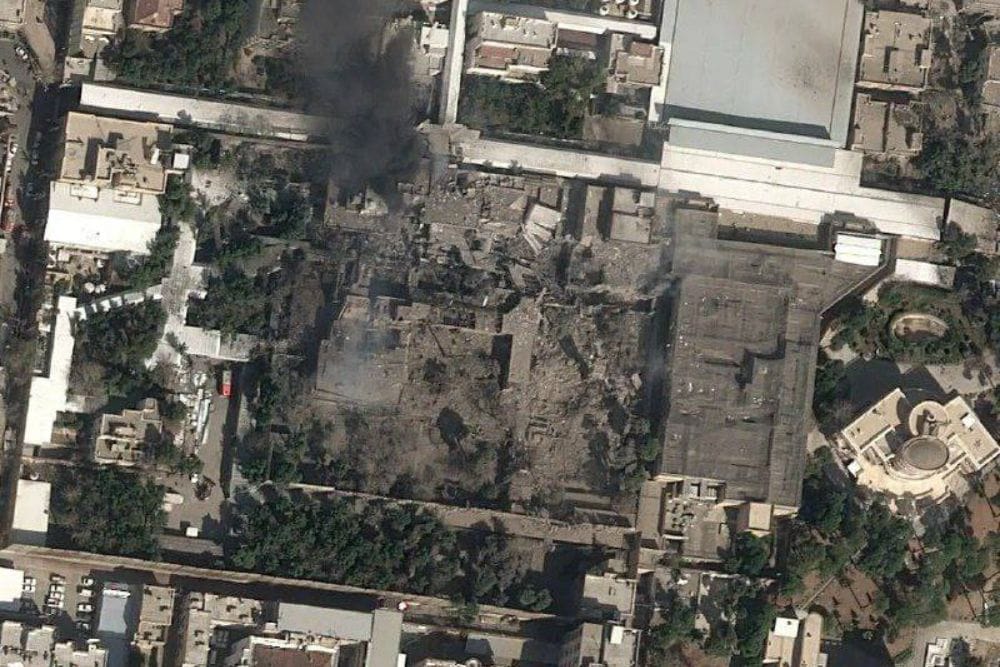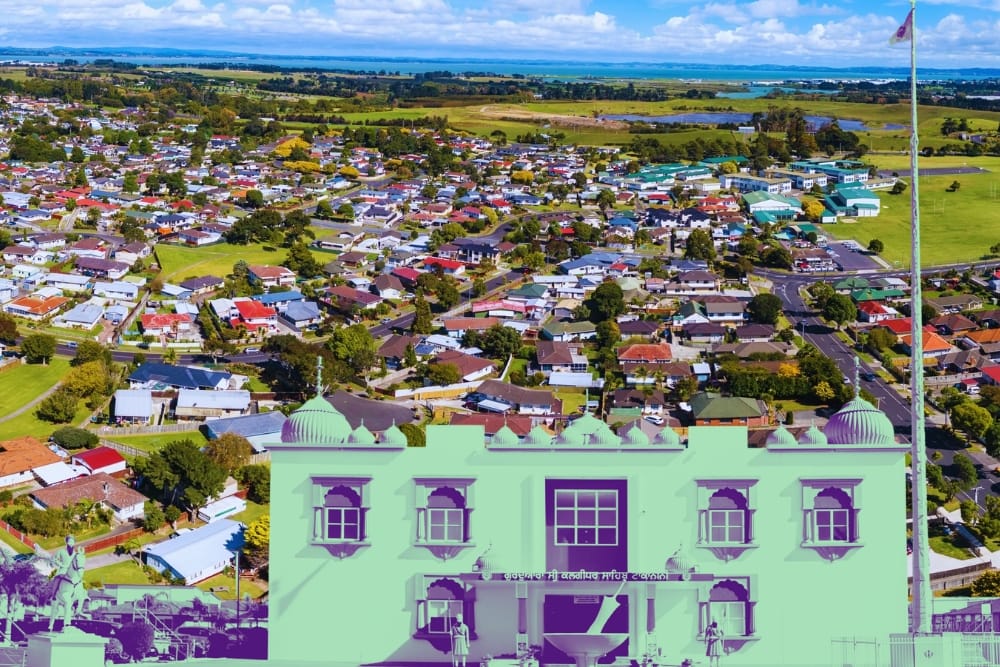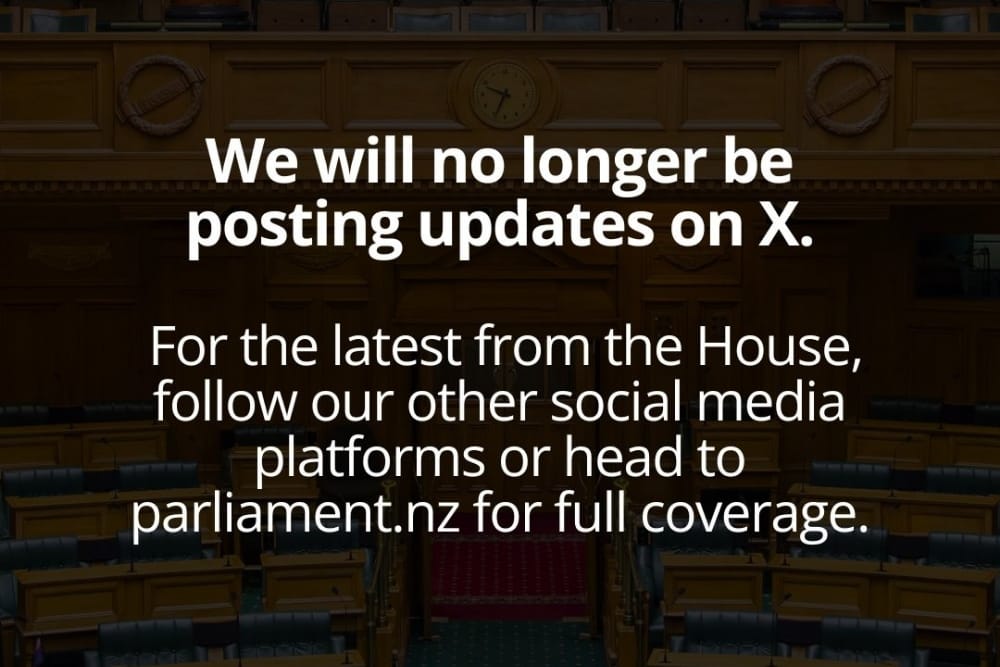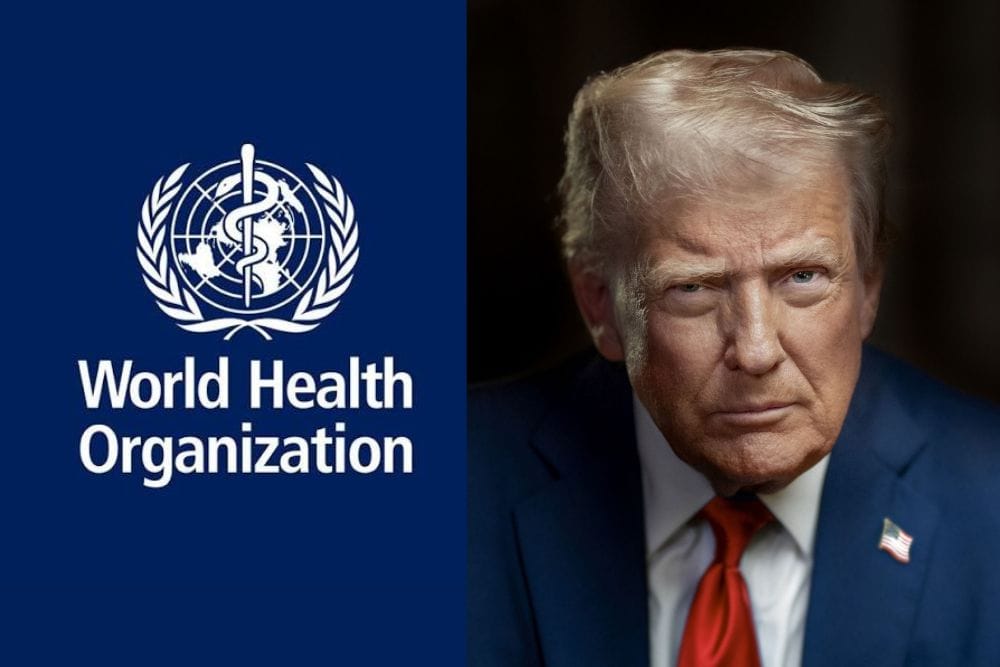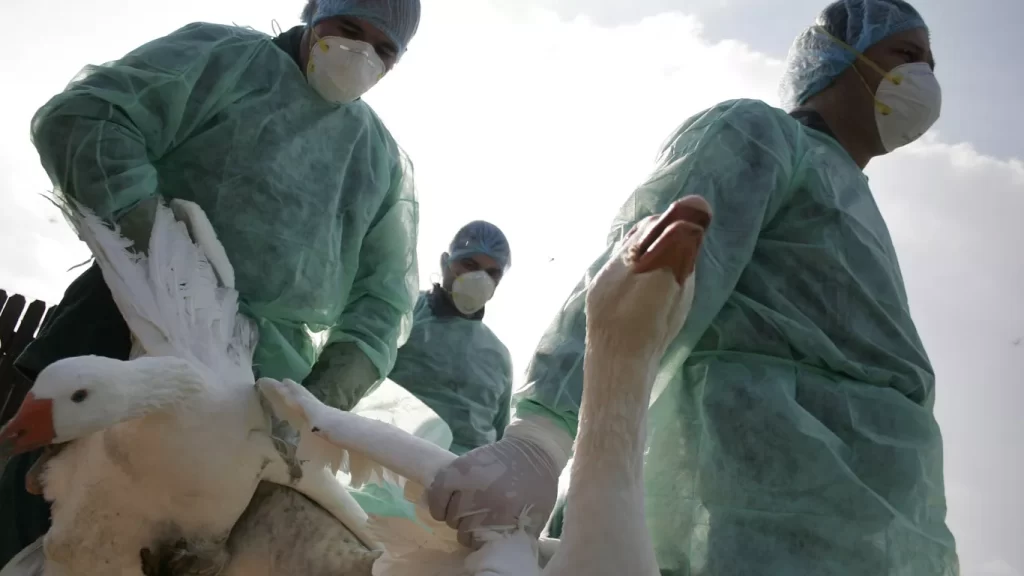By Dr Guy Hatchard
How has Health NZ missed a massive death signal among young age groups in NZ following mRNA Covid vaccination?
New OIA data shows a 188% rise in the 3 month mortality risk among the 12-19 age group following mRNA vaccination and an 83% rise in the 20-30 age group.
An OIA HNZ00064867 released 22 October 2024 under freedom of information by Health NZ lists the number of people in 2021 and 2022 who died within 93 days (3 months) of receiving a Pfizer mRNA Covid vaccine, broken down by age.
During this 2021/22 period some 12 million doses of Covid vaccines were administered to the NZ population of 5 million. Official figures have already revealed that all cause mortality rose in 2021 in tandem with the Covid vaccination program despite the absence of Covid infection and flu which was mostly due to NZ border closures. In 2022 NZ all cause deaths were 38,574 (7.4 deaths/1000 population) and in 2019 they were 34,260 (6.9 deaths/1000 population). This is an increase of 7.8%. This figure is concerning and we have previously discussed the implications at length.
The newly released OIA data allows us to find out if the excess mortality rate of any age bracket has been disproportionately affected in the 3 months following Covid vaccination during 2021 and 2022.
There are 552,000 teenagers in the 12-19 age bracket. 58% of this group were vaccinated during 2021/22
There are 687,000 people aged 20-30 in NZ. 78% of this group were vaccinated during 2021/22.
Very few of either age group received booster shots during the time period.
The OIA reported there were 67 deaths recorded within 93 days of Covid vaccination in the 12-19 age bracket for 2021/22
There were 166 deaths recorded within 93 days of Covid vaccination in the 20-30 age bracket for 2021/22.
1st and 2nd shots were recommended to be given at a 21 day interval.
Allowing for the vaccination coverage rate, over the two year period the 12-19 age group as a whole were within 93 days of a Covid vaccination for just 9% of the time. Yet their 3 month deaths (67) accounted for 26% of the total number of deaths (254) in their age bracket over the two year period. An increased mortality risk of 188%
The 20-30 age group as a whole were within 93 days of a Covid vaccination for 12% of the time over the 2 years. Yet their 3 month deaths (166) accounted for 22% of the total number of deaths (762) in their age bracket over the two year period. That is an increased mortality risk of 83%.
The other age brackets covered by the OIA (30s, 40s, 50s, 60s and 71+) had a 3 month mortality risk relatively close to the elevated all cause mortality risk for the period. None of these age groups had a disproportionately elevated mortality risk, merely the already mentioned excess death rate.
What the data means explained in the simplest possible terms:
The 12-19 and 20-30 age brackets had a disproportionate mortality risk in the 3 months following vaccination. This may have contributed to the deaths of as many as 40 teenagers and 70 people in their twenties. It greatly increases the likelihood that a number of unexplained or unexpected deaths noted among the younger age brackets occurring in 2021 and 2022 were caused by mRNA Covid vaccination. By implication the health, including long term health, of thousands more may have been adversely affected. These figures are very alarming. How were they missed?
The last published Medsafe Safety Report up to November 2022 records that a total of 184 deaths had been reported to CARM as adverse events following Covid vaccination. Medsafe itself admits that this figure is very likely to be grossly under-reported. At the time, Medsafe determined that 163 of the reported deaths were unlikely to be related to vaccination, 15 could not be assessed, while 6 cases were possibly linked to the vaccines. In other words, they publicly dismissed almost any association between Covid vaccines and mortality.
Medsafe dismissed any association by claiming that only a very limited list of disease types could ever be the result of a vaccination. Thus people dying from heart attacks, strokes, sudden onset cancers, types of neurological illness, unexplained sudden death, accidents due to brain fog, acute kidney illness and suicide were all excluded as unrelated. We now know that all of these categories of illness could be related to adverse effects of Covid vaccination. Yesterday in our article “Mental Health, Genetics, and Covid Vaccine Adverse Effects” we reported published findings and scientific reasoning showing that the adverse effects of Covid-19 vaccines have a very broad spectrum which encompasses the above illness categories. Moreover there is also evidence showing an increased health and mortality risk from the Covid vaccines continues long past three months. How have Health NZ missed the implications? Perhaps they haven’t
In our article “Staggering New Data From Health New Zealand and Others” we reported an OIA documenting a massive rise in A&E presentations for chest pain among the under forties. Currently standing at around 30,000 per year, up from 4,400 in 2020. Health NZ has not issued a public comment. Nor have the NZ media published the figures.
Our concerns run deeper than negligence.
We have been aware for some time of persistent but unsubstantiated and undocumented rumours reaching us from a number of independent sources reportedly close to families who had young family members who died subsequent to Covid vaccination and who are reported to have received 6 figure compensation sums from the government on the condition set by an NDA that they not talk about the matter publicly.
We are raising this matter publicly now because of the mortality and health data disclosed by the recent OIA data and published studies which add credence to the claim that the health of a significant number of younger age groups are likely to have been substantially affected subsequent to vaccination. Although we do not have a copy of any such NDA, if they do exist our legal advice suggests that the secrecy requirements contained in an NDA, depending on its terms, may be challenged in the courts and could be deemed illegal. We can put anyone who feels they may have been affected in touch with legal representation up to date with the issue. Certainly any attempt to silence people adversely affected by a public health initiative appears to run contrary to NZ law.
If these rumours are true, they indicate that sections of the government knew or suspected that there was a mortality risk. If they are not true, this in no way detracts from the seriousness of the elevated mortality risk for young age groups following Covid vaccination documented above.
If such payments did take place, we suppose the intent of the government would have been to prevent widespread public vaccine hesitancy. Essentially that would have been a part of their openly avowed strategy to dismiss some expert warnings and any notion that the completely novel and largely untried genetic mRNA vaccine method might pose unique risks or that the risks outweighed any protective effect.
In any case, the figures we report today suggest that there should have been an entirely different response. If the mortality data had been critically examined at the time, as it should have been, it would have revealed a significant death signal for younger age groups. If Health NZ had set aside its prejudicial faith in the word ‘vaccine’ and assessed the data as it came to hand, there could have been a different outcome. Considering it was known very early on that younger people had an almost zero mortality risk from Covid infection itself, this should have led to an early cessation of the mRNA Covid vaccine rollout. There should have been no pressure exerted on schools, school children, university students and parents to get young people vaccinated, quite the reverse.
Two years ago we published an article “How Can People In Power Lie So Comfortably” in which we commented on some unexpected deaths of children. The death of any child or young person reverberates through extended families and whanau. It drags the whole society down in shock, grief, confusion and regret. It blights the future. Now we know all this might have been avoided.
Instead, the mortality risk, if known or suspected in the inner circles of Health NZ, was never made public knowledge. The opposite in fact. To this day Health NZ publicity misleadingly claims that Covid vaccination is generally safe and necessary.
We have published these figures in the public interest well aware that, as we have repeatedly asked, a comprehensive analysis of population wide comparative health outcomes of the NZ public subsequent to the Covid vaccination rollout should be made or the full data set released for public scrutiny. This needs to include vaccination status by date and age along with health outcomes and mortality data by date and type.
The data used in our analysis comes exclusively from OIAs and Official Health NZ and StatsNZ websites. Health NZ vaccination data is usually published with the following disclaimer:
“Data are sourced from the Aotearoa Immunisation Register (AIR) and may be subject to any data quality issues still to be resolved in AIR, which includes, but is not limited to: Incorrect vaccination event dates, miscoding of vaccination given, miscoded indication code and miscoding of person to vaccination event. Note that these data quality issues are largely attributed to the fact that many fields within AIR are free text and are therefore prone to data entry errors.”
As a result, the exact margin of error of the NZ Covid statistics is unknown, but the calculated mortality signals contained in the latest OIA are so large that they should be a matter of great public concern. Failing to raise the matter in any public forum constitutes a breach of public trust and the NZ Bill of Rights. This information should be distributed as widely as possible. The carefully crafted PR myth of Covid vaccine safety and efficacy needs to be exploded. It doesn’t fit real life NZ Health data. Disregarding a risk to children is unconscionable.


